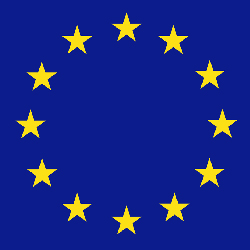Strategy
EU Could Treat British Laws As Its Own, Says EU's Chief Brexit Negotiator

However, he also said that financial firms would not be given a general "passport" to the single market.
The European Union could treat some UK financial regulation as
equivalent to EU law after Brexit, but would not give financial
firms a general “passport” to do business in the single market,
the EU’s chief Brexit negotiator said this week.
In a speech at an event in Belgium, Michel Barnier reiterated
that once Britain leave the EU on 29 March 2019, its firms would
lose the benefits of doing business across a market of 440
million people, according to a report by Reuters.
“We will have the opportunity to treat some UK rules as
equivalent, based on a proportionate and risk-based approach,
including financial stability, which remains our primary
concern,” Barnier said. “Its (Britain‘s) financial services
cannot benefit from a passport in the single market nor from a
system of generalised equivalence of standards."
The issue of whether UK financial organisations will face
regulatory hurdles in accessing the customs union of the EU if it
leaves the Single Market has been a major concern for some in the
UK market. In the event of a "hard Brexit" where no access is
retained, businesses might have to create subsidiaries in the EU
bloc to retain access, adding to their costs. On the other hand,
continuing Single Market access requires the UK to offer complete
free movement for people, and this is seen as one of the sticking
points in negotiations.
In his comments, Barnier had described the the integrity of the
single EU market as being vital, saying much depended on the
scope of regulatory deviation between the EU and Britain after
Brexit.
“This is neither punishment nor revenge,” he added. “Just that we
are masters of our rules and how they are implemented. The United
Kingdom, which wants to regain its autonomy of decision-making,
must respect ours.”
If the UK leaves the EU without a deal about Single Market
access, the country will fall under the terms of the World Trade
Organisation, but WTO rules on tariff and non-tariff barriers do
not apply yet to financial services, seen as vital for UK the
economy.